About us
The Scientific Organisation Committee

Prof. Dr. Tina Comes
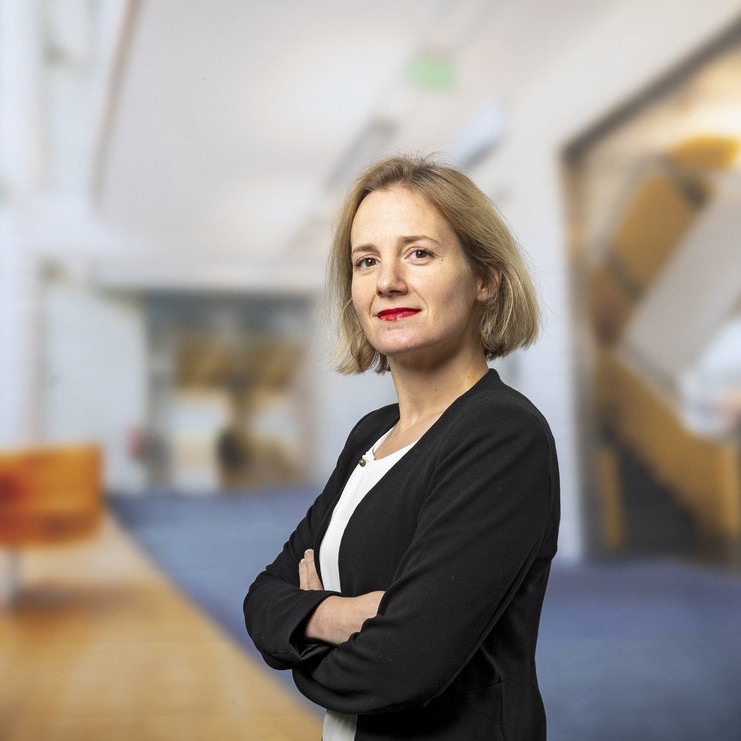
Prof. Tina Comes a Professor in Decision Theory & ICT for Resilience at the TU Delft (NL) and serves as the Scientific Director for the 4TU.Centre for Resilience Engineering. Since her PhD, she has been determined to better understand decision-making of individuals and groups in the context of risk and crises. Her research on resilience combines behavioural insights and value considerations from the field with computational models and AI.
Affiliation: Delft University of Technology, Scientific Director 4TU.Resilience Engineering
Email: t.comes@tudelft.nl
Prof. Dr. Ir. Remco Dijkman
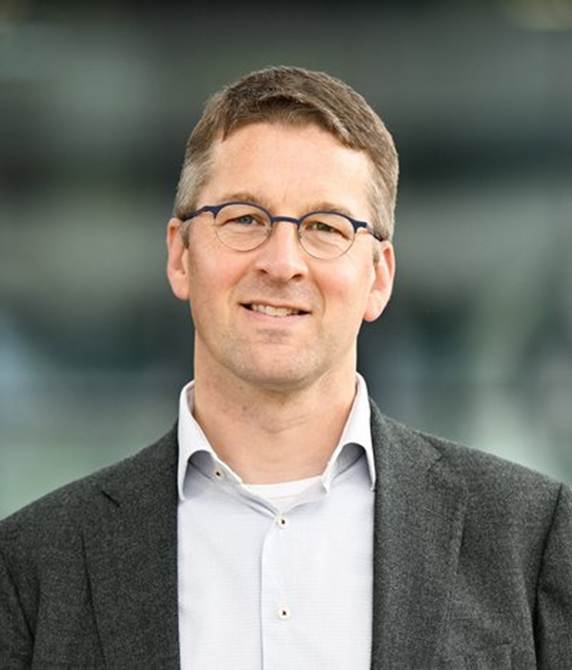
Remco Dijkman, Professor of Information Systems, specializes in data-driven process optimization and resilience in complex systems. His research focuses on real-time monitoring of supply chains and other logistic operations, facilitating decision making as well as rapid adaptation and recovery of disruptive events. By aligning mathematical models with real-world data and processes, he enhances operational efficiency as well as system resilience during and after disruptive events.
Affiliation: Eindhoven University of Technology
Email: r.m.dijkman@tue.nl
Dr. Jonas Jörin
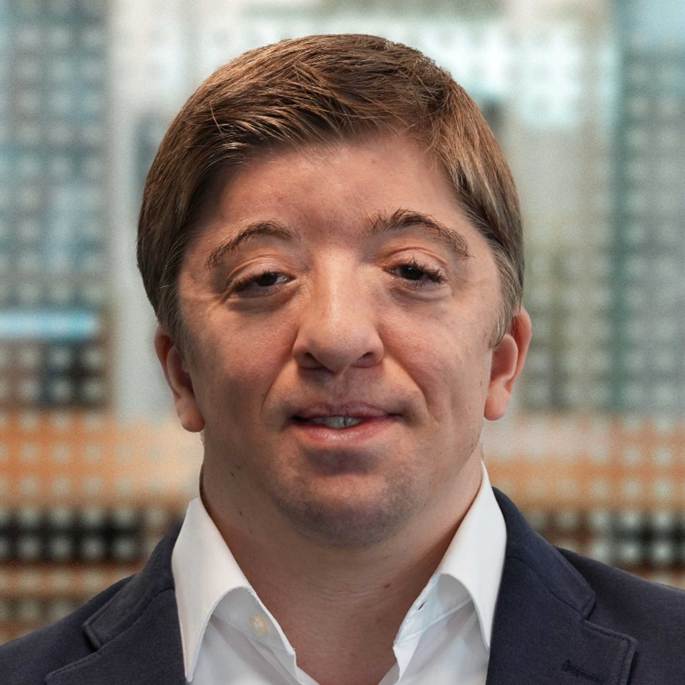
Jonas Jörin directs the Future Resilient Systems (FRS) program at the Singapore-ETH Centre. His research explores human-environmental processes, focusing on individual resilience in the context of hazards. Funded by Singapore’s National Research Foundation, his work aims to enhance understanding of how people adapt to environmental challenges and disasters.
Affiliation: Singapore-ETH Centre
Email: jonas.joerin@sec.ethz.ch
Prof. Dr. Max Mühlhäuser
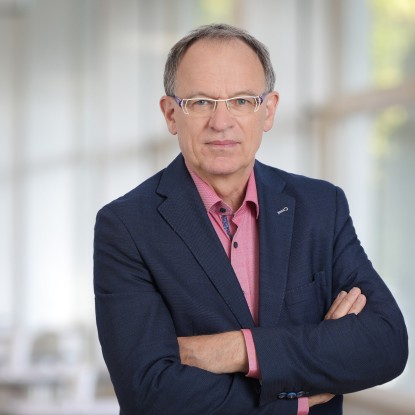
Within resilience engineering Prof. Dr. Max Mühlhäuser specializes in intelligent human-centered environments. His research integrates adaptive networks, proactive intelligent systems, cybersecurity, and immersive human interaction to enhance the resilience of critical infrastructures. By addressing challenges like dynamic digital twins and trust-based security & privacy, he advances robust, adaptive systems for future smart cities and critical operations.
Affiliation: Technical University of Darmstadt, Telecooperation Lab (TK for short)
Dr. Maria Pregnolato
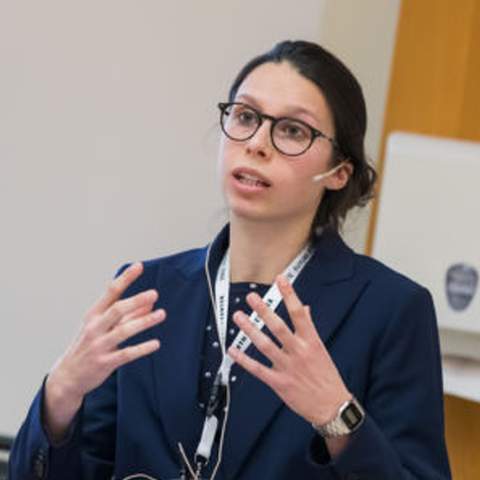
Maria Pregnolato, Associate Professor at TU Delft, specializes in infrastructure resilience and flood risk management, focusing on flooding impacts on roads, bridges, and buildings. As an EPSRC Fellow, she investigated extreme flooding effects on bridges using hydrodynamic and networkmodelling. Her recent work explores structural health monitoring and Digital Twins, as well as crisis management and disaster risk reduction.
Affiliation: Delft University of Technology
Email: m.pregnolato@tudelft.nl
Prof. Dr. Dr. Christian Reuter
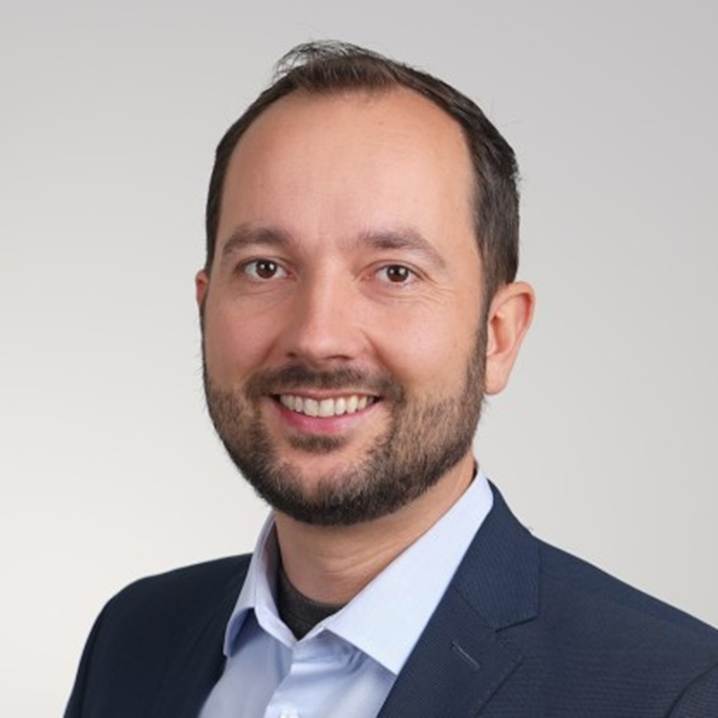
Christian Reuter works in the area cybersecurity, crisis management, and human-computer interaction. His work focuses on crisis informatics, information warfare, and usable security. He contributes to resilience by developing adaptive tools for disaster response and public safety. These innovations help systems and communities recover from disruptions. He heads the PEASEC group at TU Darmstadt.
Affiliation: Technical University of Darmstadt, Science and Technology for Peace and Security (PEASEC)
The organising institutions
The Singapore-ETH Centre (SEC) is a research centre jointly established by ETH Zurich (Swiss Federal Institute of Technology in Zürich) and Singapore’s National Research Foundation (NRF). Located in Singapore, the SEC is a hub for multidisciplinary research on practical and sustainable solutions to current global challenges. Its three research programmes – Future Cities Lab Global (FCL Global), Future Resilient Systems (FRS), and Future Health Technologies (FHT) – explore the areas of urban sustainability, resilience and health respectively.
ETH Zürich (German: Eidgenössische Technische Hochschule Zürich; English: Swiss Federal Institute of Technology Zürich) is a public research university in Zürich, Switzerland. Founded by the Shiss federal government in 1854, with the stated mission to educate engineers and scientists; the school focuses primarily on science, technology, engineering, and mathematics, although its 16 departments span a variety of disciplines and subjects.
4TU Centre for Resilience Engineering (4TU.RE) is the knowledge centre in Resilience Engineering of the four universities of technology in the Netherlands (Delft University of Technology, Eindhoven University of Technology, University of Twente and Wageningen University and Research).
Technische Universität Darmstadt (official English name Technical University of Darmstadt, sometimes also referred to as Darmstadt University of Technology), commonly known as TU Darmstadt, is a research university in the city of Darmstadt, Germany. It was founded in 1877 and received the right to award doctorates in 1899. TU Darmstadt has assumed a pioneering role in Germany. Computer science, electrical engineering, artificial intelligence, mechatronics, business informatics, political science and many more courses were introduced as scientific disciplines in Germany by Darmstadt faculty.

International Conference on Resilient Systems 2026
 Registration website for International Conference on Resilient Systems 2026
Registration website for International Conference on Resilient Systems 2026International Conference on Resilient Systems 20264tu-re-secretariat@utwente.nl
International Conference on Resilient Systems 20264tu-re-secretariat@utwente.nlhttps://www.icrs26.org
2026-03-23
2026-03-25
OfflineEventAttendanceMode
EventScheduled
International Conference on Resilient Systems 2026International Conference on Resilient Systems 20260.00EUROnlineOnly2019-01-01T00:00:00Z
To be announcedTo be announced